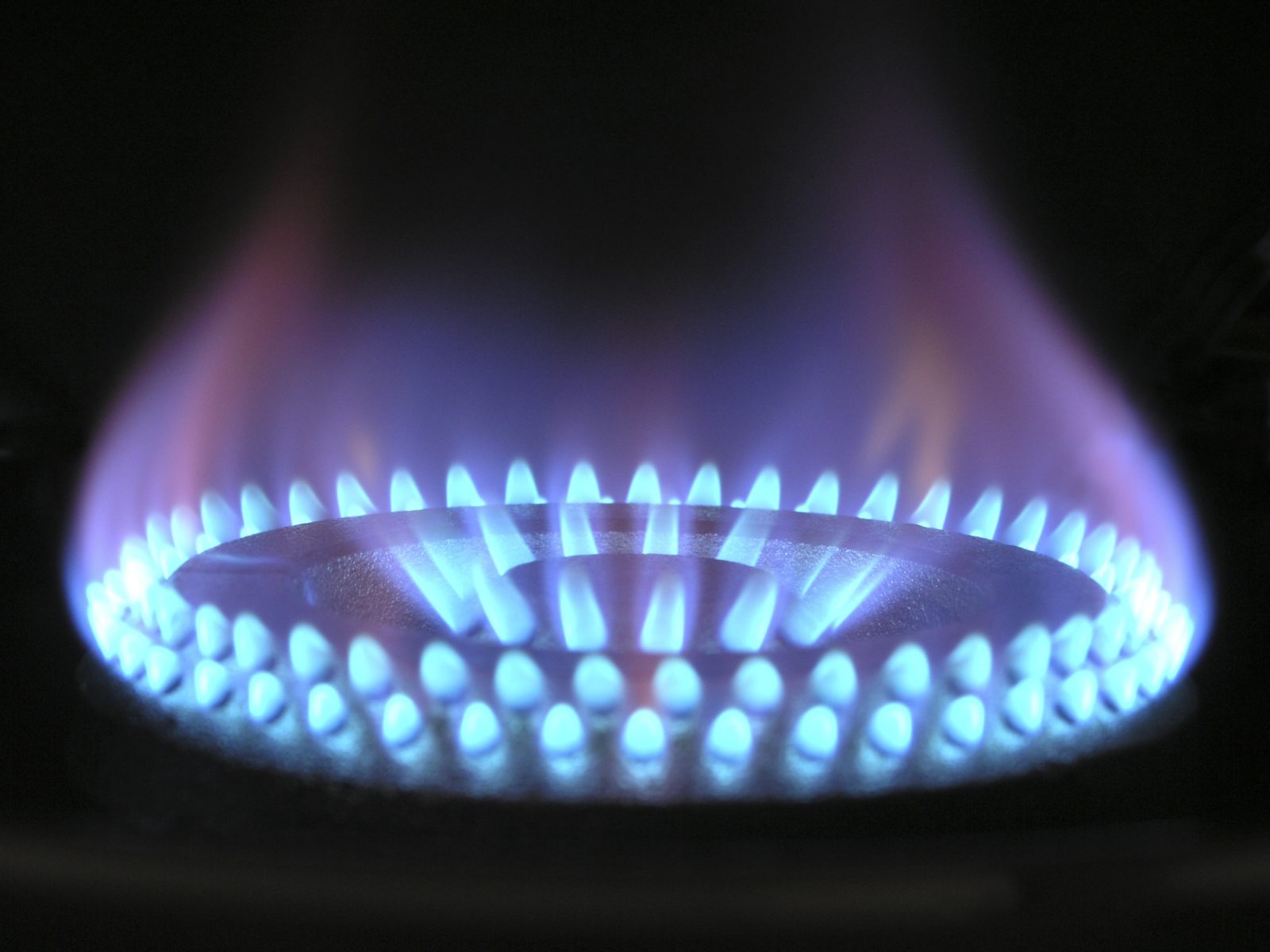Starting in January, residents of apartment buildings in the Czech Republic who use district heating will be able to save hundreds of Czech korunas per year by maintaining lower temperatures in their homes during the heating season. This change comes from a new regulation that modifies how district heating is priced and distributed. Up to 200,000 households will be able to enjoy lower payments.
Previously, residents who heated their apartments at lower temperatures than other households would pay at least 80% of the average consumption cost per square meter of heated space in the building. However, from January 2023, this amount will decrease to just 70%. The change is expected to particularly benefit those who heat their homes to temperatures between 17 and 20 degrees Celsius while other households maintain temperatures of 20 to 22 degrees Celsius.
According to the Czech minister of local development, Ivan Bartoš, the goal behind the regulation change is to encourage energy savings and investments in insulation. Households that live in buildings with higher energy consumption, like old panel buildings without insulation or those with poor insulation, are expected to benefit the most. There are about 40,000 such households in the country.
While the cost of heating based on the apartment size is one of the two components of the overall cost, the change in regulation only affects the minimum payment for heating per square meter. The maximum cost will remain double the average consumption cost per square meter in the building.
The new regulations will also change the ratio for calculating payments based on the apartment size and energy consumption and will now factor in the energy efficiency of the building. This change will motivate building owners to invest in insulation and other energy-saving measures. The base component of the heating cost will be independent of consumption and will be determined based on the energy efficiency class of the building (ranging from A to G). The spot consumption component will vary based on the actual consumption.
The regulation change is expected to encourage energy savings and motivate households to invest in insulation and other energy-saving measures. It will also benefit households that live in buildings with higher energy consumption and those that heat their homes to lower temperatures than other households.
The change will also help to address concerns about the perceived unfairness of the previous regulation, which required households that heated their homes at lower temperatures to pay the same amount as households that heated their homes at higher temperatures.






